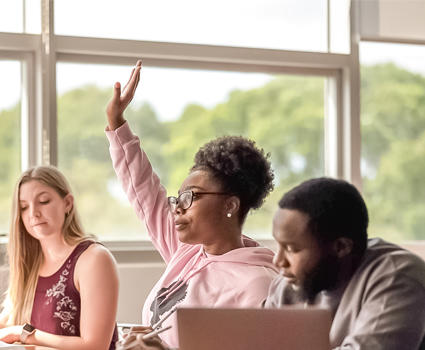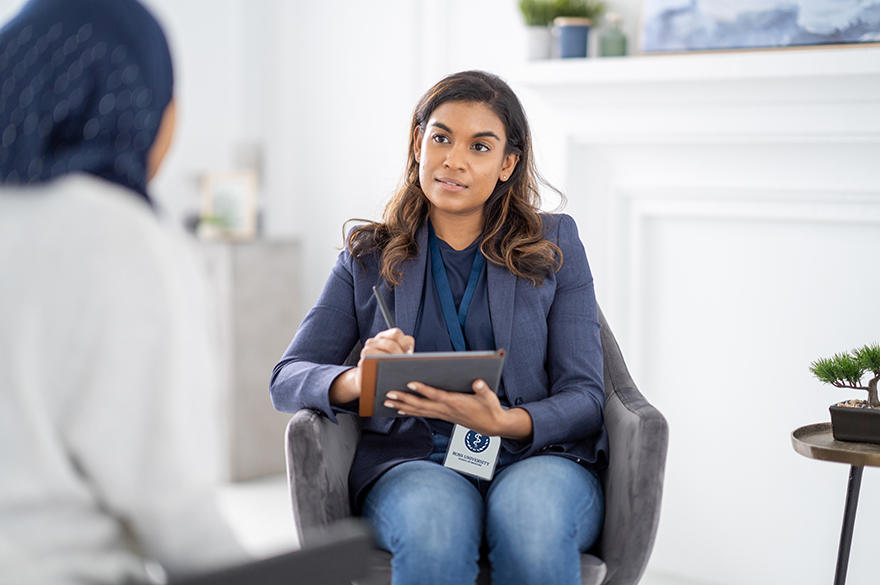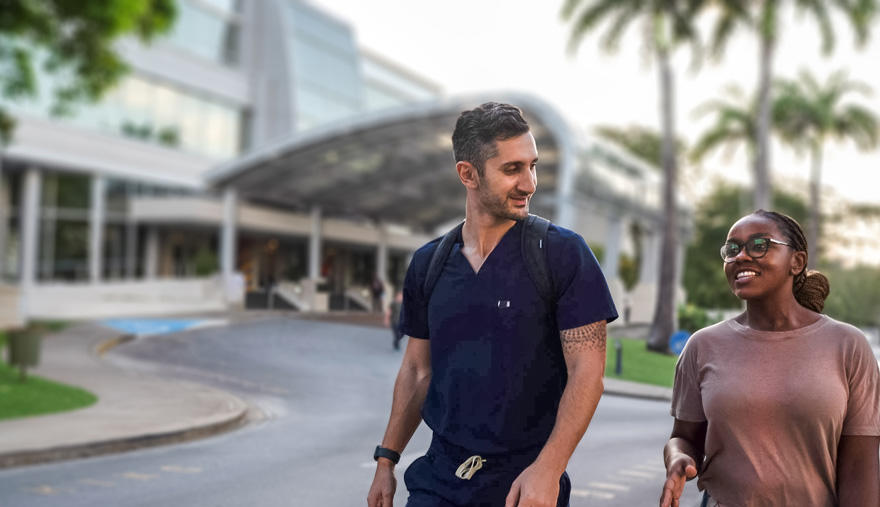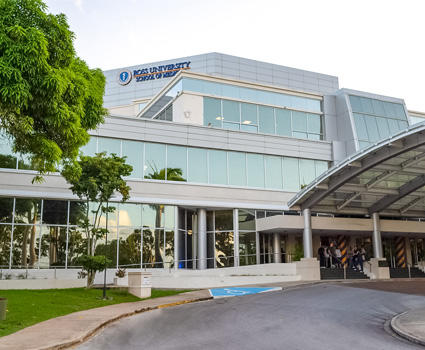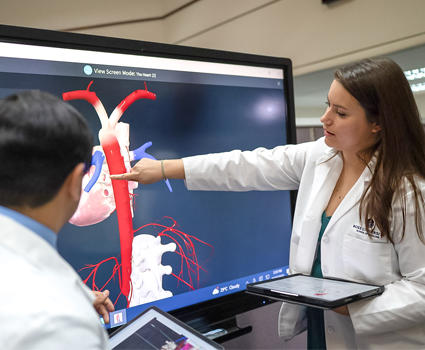Ross University School of Medicine is bringing its on-demand webinars straight to you! Whether you are looking for more information about the MD program, want to learn about the admissions and interview process, speak one-on-one with alumni and admissions representatives, and much more!
Tune in to recent interactive discussions and watch when you want from where you are!
Pursuing Psychiatry: What You Need to Know
Curious about pursuing the field of psychiatry?
Watch our on-demand webinar, where Dr. Daniel Takla, Ross Med alumnus and first year Psychiatry resident, walks us through what it’s like to specialize and work in this field.
Tips for Preparing a Strong Med School Application
Applying to med school can feel daunting at times. Don’t stress it, we’ve got your back!
Watch our on-demand webinar filled with tips and strategies to help strengthen your med school application.
Virtual Tour: Explore the Ross Med Campus
We’ve partnered with a few of our current MD students and faculty to take you on a virtual tour of our learning environments!
Join our Rossies as they walk you through their own experiences at Ross Med and show you around our labs, classrooms, student housing, and more.


